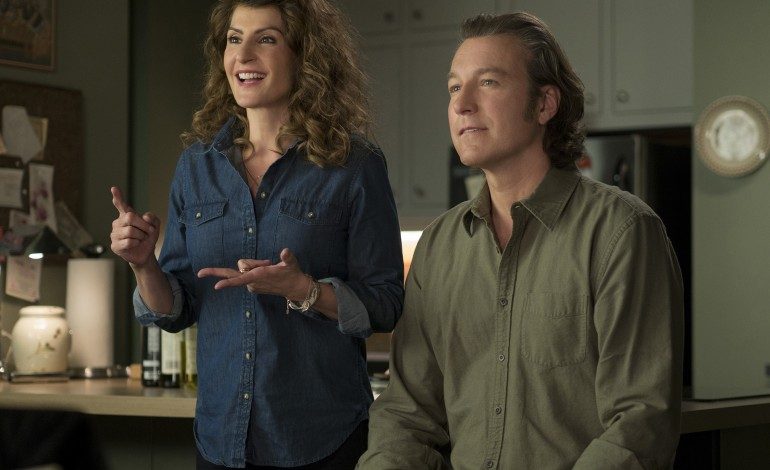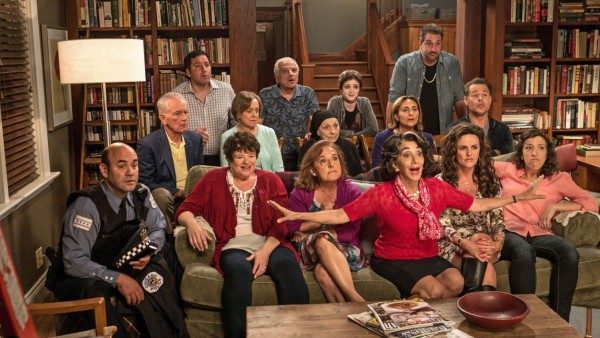

There are few films that exemplify corniness, goofiness, charm, and a whole lot of heart like My Big Fat Greek Wedding but to say that a sequel to the original, released in 2002, is overdue may seem like an oversight. It would be fair to assume that My Big Fat Greek Wedding 2 is just another inane Hollywood cash grab after being exposed to the hoard of mediocrity that is contemporary comedy such as Anchorman 2, Dumb and Dumber To, and, more recently, Zoolander 2. Fortunately, this particular sequel does not follow in their footsteps.
What works for the first film is that it is so earnest in its pursuit to portray a loving, yet imperfect family — it is too adorably heartfelt to dislike. The sequel follows in the original’s footsteps by portraying yet another event in the Portokalos family and with the same goofy sense of humor. However, despite all of its silliness, it is a charmingly human comedy about family and love. Even though the film is centered on Toula, the family is what makes the film stand out and the sequel is another opportunity to spend time with them.
Nia Vardalos, who wrote the screenplay for the film, reprises her role as Toula Portokalos. Toula narrates the sequel with the same droll tone but instead of voicing her desire to find herself in a world where her life has already been decided for her, she is lamenting about her daughter, Paris (Elena Kampouris). Paris is seventeen and it is time for her to pick a school and she feels annoyed and suffocated by her family like Toula was in the beginning of the first film. Now Toula knows what her parents must have felt like and she struggles with a daughter who is much like her. Like her mother, Paris is anxious to spread her wings but, at some point, she is faced with the idea that, though her family has no boundaries, they are always there for each other and she is afraid to lose them. They are ridiculous, sure, but there is obviously a lot of love behind their antics.
As Toula is facing the possibility of losing her daughter to NYU, she and her husband Ian (John Corbett) have lost the spark in their marriage due to work, family, and raising their daughter. Despite their opposition, it is obvious that the two still care for each other very much which keeps the film from being needlessly bleak. After spending the entire first film wanting nothing more than for them to be married and live happily ever after, the sequel would not be much fun if they were in danger of breaking up. Instead, they decide to do whatever it takes to keep the romance alive. Their resolve is both heartening and identifiable.
Also to its credit, the film does not slip down any inane subplots and, instead, keeps the story relatively simple though still a fairly absurd. In the end, the plot holds little importance since it is the family the audience has come to care about. Though their love for each other is dangerously similar to suffocation, their desire to help each other is what makes them so endearing. The subtle references to the first film, such as flowers in the bundt cakes at the restaurant and using Windex to cure ailments, bring some laughs without simply making the same jokes over again and seeing all of the characters together again is something very special. What makes this film as heartwarming as the first is that there is a lot of time with the lovable characters that resonated with audiences fourteen years before.
It may not be an important film or even a very creative one, but it is so full of heart that it brings a lot of happiness and charm to the dull and repetitive comedy world. As vulgar and overly sexual comedy becomes more commonplace, this film is a breath of fresh air. It’s a comedy about family for families to watch together and see a bit of truth in all of the absurdity. Unhappiness and despair may win awards and procure 5 star ratings but there is something to be said for a goofy, family comedy where love wins at the end of the day.


